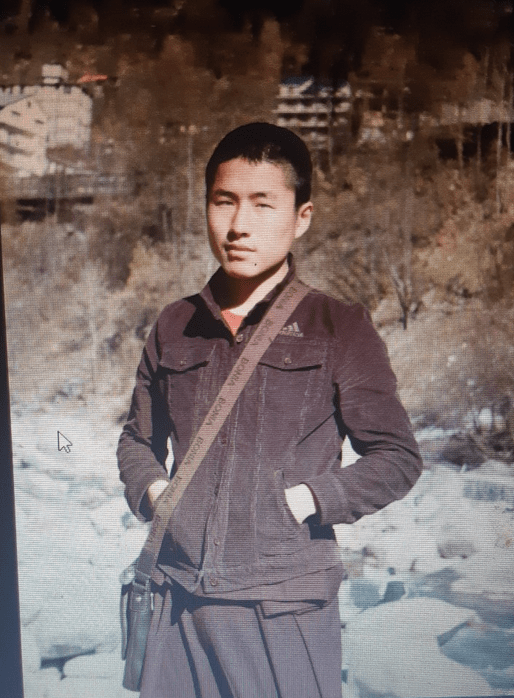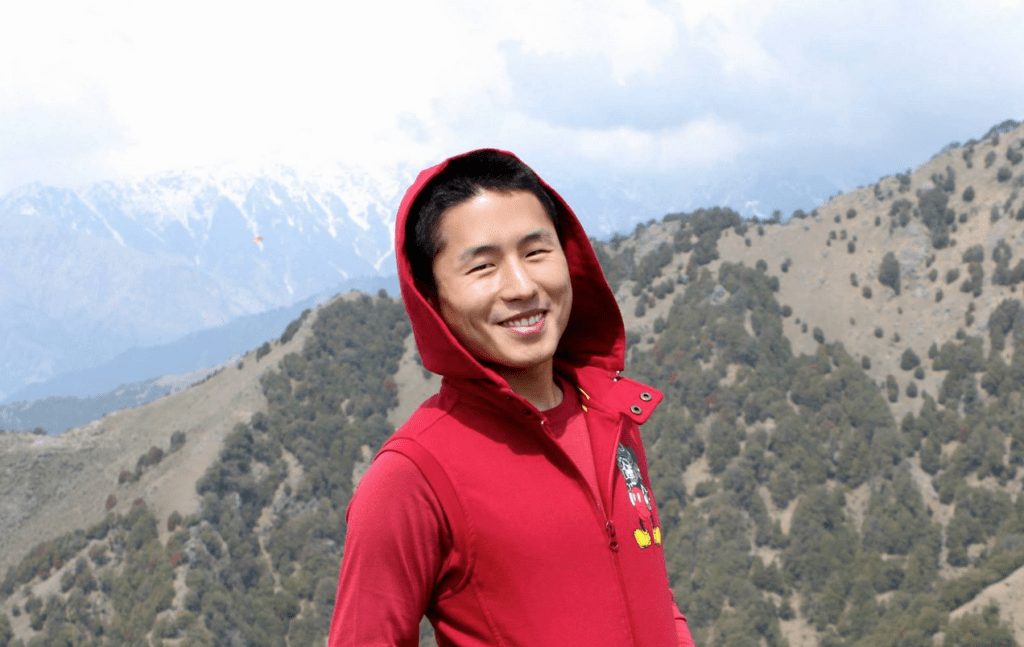
I have spoken previously about impermanence, but it is good to be reminded of it because it is the very nature of everything, and we suffer if we don’t accept that. We try to fight or deny impermanence because we see it in a negative way – change and death. But when we accept impermanence we develop a true appreciation for every moment of life.
For example, the magic of a sunset is its temporary appearance, just like a rainbow. It appears under special circumstances and only remains for a short time. And we have to be in the right place at the right time to see it. That’s why we stop for a brief moment of awe when we see a rainbow. If it were to last forever we’d take it for granted and never really appreciate it. At the same time, we don’t suffer or lament its passing once it disappears. Knowing its impermanence means we don’t become attached to it, therefore we can experience joy at its appearance yet let it go when it disappears.
It is interesting that almost everybody is able to do that, yet we all suffer so much because of attachment to other things in our lives, thinking of them as permanent. We suffer when we have some loss, separation, decay and all kinds of changes that are part of life. Sadly, it seems only after we lose someone or something do we really appreciate it. When it is actually too late.
This is why contemplating impermanence is so important – not to depress or upset us but to help us fully appreciate life and everything in it. Once we understand impermanence we can enjoy every moment, just like the fleeting appearance of a rainbow. The company of loved ones, nature, material comfort etc, when we fully appreciate the moment, we can give ourselves to it completely and really experience it. And when that moment is over, we let it go. Of course we still have our memories, but we shouldn’t cling to them or allow the past to dominate our present. Instead we should use our past as inspiration to improve everything that we do now.
Even for the worst experiences in life, contemplating impermanence is helpful as we understand that nothing lasts forever,……
PRR




